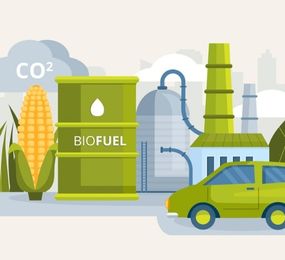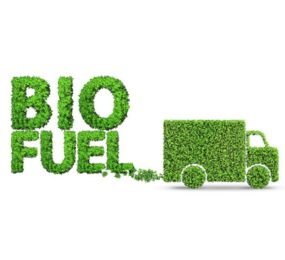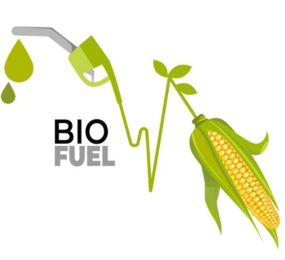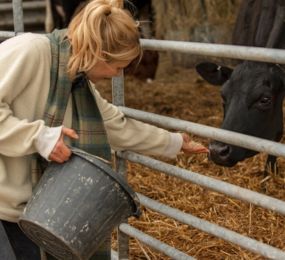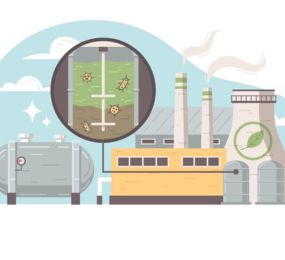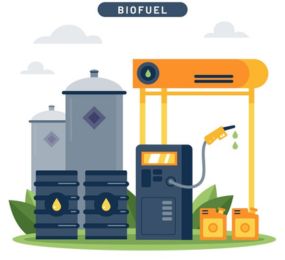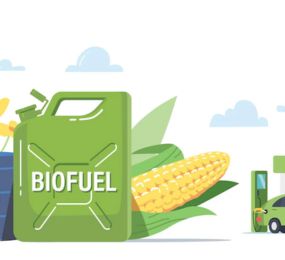Advanced Biofuels and Land Use: Balancing Energy and Food Security
The burgeoning field of advanced biofuels offers a promising solution to reduce greenhouse gas emissions and mitigate climate change. However, the expansion of biofuel production raises concerns about land use and its potential impact on food security.
One of the primary challenges associated with biofuel production is the competition for land resources. Large-scale cultivation of energy crops, such as corn and sugarcane, can divert land from food production, potentially leading to increased food prices and food shortages. To address this issue, researchers are exploring alternative feedstocks for biofuels, including non-food crops like algae and cellulosic biomass from agricultural residues.
Moreover, sustainable land management practices can help minimize the environmental impact of biofuel production. Techniques such as crop rotation, conservation tillage, and integrated pest management can improve soil health, reduce erosion, and conserve water resources. Additionally, adopting a circular bioeconomy approach, where biomass is used for multiple purposes, can optimize land use and reduce waste.
By carefully considering land use implications and adopting sustainable practices, the biofuel industry can contribute to both energy security and food security. Striking a balance between these two critical factors is essential to ensure a sustainable future.
Visit our website to know more: https://www.leadventgrp.com/events/3rd-annual-advanced-biofuels-forum/details
For more information and group participation, contact us: [email protected]
Leadvent Group - Industry Leading Events for Business Leaders!
www.leadventgrp.com| [email protected]



